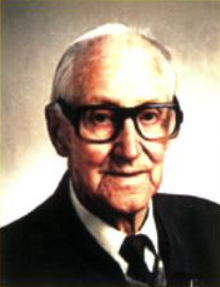A Quote by Elise Stefanik
The more we know about Lyme, the more we can do to treat patients and educate families to stop the spread of this debilitating disease.
Related Quotes
I saw a video on YouTube of a girl who had very similar reactions to late-stage Lyme disease as I did. And I thought it was crazy. And when I saw her basically have a seizure on camera that looked very much like my seizure I felt, "Oh my god. That's me." And so it was really important to me, and I said to Sini, 'We have to find some way to not just talk about Lyme disease, but to show it.
A study of over 10,000 patients shows clearly that chemo's supposedly strong track record with Hodgkin's disease (lymphoma) is actually a lie. Patients who underwent chemo were 14 times more likely to develop leukemia and 6 times more likely to develop cancers of the bones, joints, and soft tissues than those patients who did not undergo chemotherapy .
I work at a non-profit called ALS Worldwide, where we work with ALS (also known as Lou Gehrig's disease) patients and families. It is often heavy work, but I'm grateful to be able to contribute to the ALS community. I'm constantly learning about science and medicine, and I have the honor of corresponding with patients throughout the world.

































